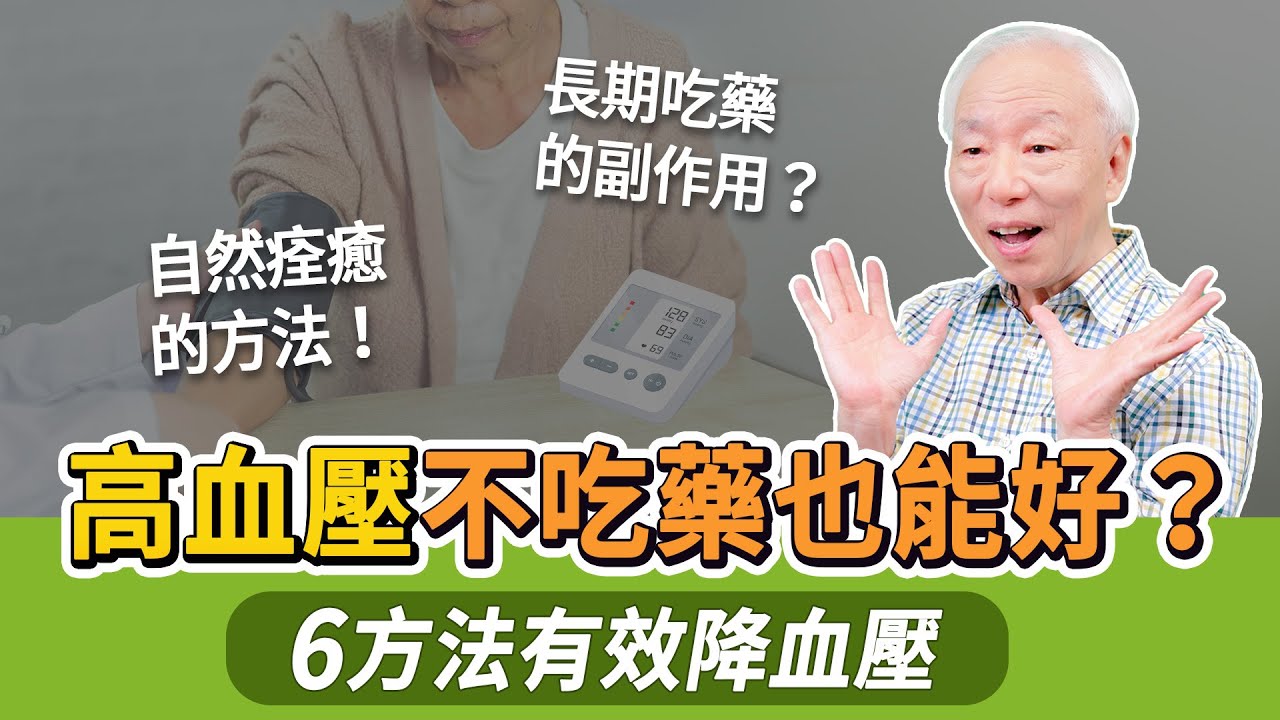My 3 biggest Hashimotos MISTAKES (Don't Do These!)
Summary
TLDRIn this video, the creator reflects on three significant mistakes made while managing Hashimoto's disease: solely relying on a doctor's advice and medication, neglecting the impact of diet, and not addressing stress management. They share personal experiences and emphasize the importance of research, dietary changes, and stress reduction to improve thyroid health and overall well-being.
Takeaways
- 👨⚕️ Listen to your doctor, but also do your own research.
- 🔎 Understand that medication like levothyroxine may not be the only solution.
- ⏳ Time is of the essence; don't delay in seeking additional help for your condition.
- 🍽️ Diet plays a crucial role in managing Hashimoto's; consider going gluten-free or trying the AIP diet.
- 🌱 There's no one-size-fits-all diet; you must find what works best for you.
- 🚫 Avoid foods that negatively affect you, like gluten, dairy, and corn.
- 🧘♀️ Stress management is critical for Hashimoto's patients.
- 🤯 Type A personalities are often more prone to stress, which can exacerbate Hashimoto's.
- 🧠 Find stress management techniques that work for you, like qigong or EFT tapping.
- 🔄 Don't give up after one attempt; keep trying different stress management methods.
- 🌟 Addressing diet and stress can help you move from survival mode to a state of thriving.
Q & A
What are the three biggest mistakes the speaker made regarding their Hashimoto's?
-The three biggest mistakes were: 1) Only listening to their doctor and not researching further, 2) Not paying attention to their diet, and 3) Not addressing stress management.
Why does the speaker feel frustrated about their doctor's advice?
-The speaker is frustrated because they were not informed that the autoimmune attack was still ongoing, leading to further destruction of their thyroid tissue over eight years.
What alternative actions could the speaker have taken to stop the autoimmune attack on their thyroid?
-The speaker could have researched and implemented additional treatments or lifestyle changes beyond just taking levothyroxine to potentially halt the autoimmune attack.
How did the speaker's diet impact their Hashimoto's symptoms?
-After going gluten-free and following the AIP diet, the speaker realized that certain foods like gluten, dairy, and corn significantly affected their symptoms.
What is the importance of finding a personalized diet for someone with Hashimoto's?
-A personalized diet is crucial as it can help identify food triggers and improve the quality of life for individuals with Hashimoto's, as everyone's reaction to foods can vary.
Why is stress management so critical for individuals with Hashimoto's according to the speaker?
-Stress management is critical because chronic stress keeps the body in fight or flight mode, preventing it from resting, digesting food properly, and healing, which can exacerbate Hashimoto's symptoms.
What stress management techniques has the speaker found helpful?
-The speaker has found moving meditation like Qigong and EFT tapping to be helpful in managing stress.
How does the speaker suggest integrating stress management techniques into daily life?
-The speaker suggests finding tools that work for you and using them throughout the day to manage stress in the moment, in addition to longer-term practices like meditation.
What is the speaker's advice for someone with a mild case of Hashimoto's?
-For those with a mild case, the speaker advises taking the lessons to heart to prevent the condition from worsening.
What hope does the speaker offer to those with a severe case of Hashimoto's?
-The speaker offers hope that by addressing diet and stress management, it is possible to improve and find relief from symptoms, as they have experienced themselves.
What resources does the speaker provide for further information on Hashimoto's?
-The speaker provides a Hashimoto's playlist and encourages subscribing to their channel for more videos on the topic.
Outlines

Этот раздел доступен только подписчикам платных тарифов. Пожалуйста, перейдите на платный тариф для доступа.
Перейти на платный тарифMindmap

Этот раздел доступен только подписчикам платных тарифов. Пожалуйста, перейдите на платный тариф для доступа.
Перейти на платный тарифKeywords

Этот раздел доступен только подписчикам платных тарифов. Пожалуйста, перейдите на платный тариф для доступа.
Перейти на платный тарифHighlights

Этот раздел доступен только подписчикам платных тарифов. Пожалуйста, перейдите на платный тариф для доступа.
Перейти на платный тарифTranscripts

Этот раздел доступен только подписчикам платных тарифов. Пожалуйста, перейдите на платный тариф для доступа.
Перейти на платный тарифПосмотреть больше похожих видео

World Leading Physician View On ADHD: Gabor Mate

5 Muscle Building & Diet MISTAKES I Made as a Beginner

不吃藥能自然降血壓?6招降血壓,效果跟吃藥一樣好!天氣冷,2動作自救保命。顧血管,這類食物少吃。注意!一直吃藥會有這風險。3食物護心降血壓。容易情緒失控,2個動作穩血壓|胡乃文開講Dr.HU_231

WHY BLOOD PRESSURE NUMBERS DO NOT MATTER

5 Beginner Gym Mistakes You Need to Avoid!

The ROOT CAUSE Of High Blood Pressure & How To TREAT IT NATURALLY | Dr. Mark Hyman
5.0 / 5 (0 votes)
